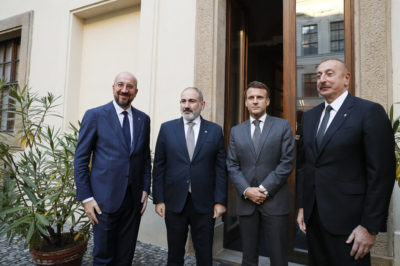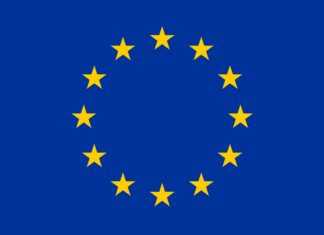By Vahan Zanoyan
Special to the Mirror-Spectator
“For what will profit a man if he gains the whole world, and loses his own soul?”
— Mark 8, 36.
There is an Armenian state today because the Armenian nation persisted when it was stateless. The nation is larger than the state by all measures — population, history, economic and financial resources, education levels, diplomatic skills, global reach, and overall competence levels. The nation is also more permanent than the state; it has survived without a state for most of its history. During centuries when there was no Armenian state, it was the nation, with its steadfast attachment to its culture, language, literature, faith, traditions, historical legacy, collective memory, and a resolute awareness of its own history, that kept the hope and the prospect of an eventual State alive.
It would thus be the ultimate historical irony if the state, which owes its existence to the resilience of the nation, were to decide that the nation’s identity and historical legacy are no longer part of its own identity and history. The state is entrusted to safeguard something much larger than itself. The state is both a goal in itself and, much more importantly, an instrument to uphold national identity, culture, and historic rights. It is a protection against allowing the nation to be left at the mercy of the cultural dominance and lifestyles of other states.










